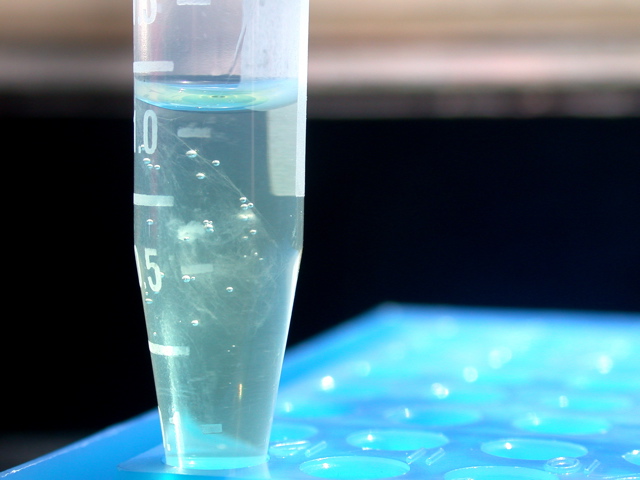Synthetic biology is the design and construction of biological modules, from enzymes to complete cells. Synthetic biology combines biology, chemistry, and engineering, and strives to create new systems to solve specific problems. Synthetic biology differs from traditional genetic engineering in that it doesn’t rely on preexisting genes, proteins or pathways. Synthetic biologists attempt to design, model and then fabricate ideal biological systems. Applications for synthetic biology include drug discovery, the production of biofuels, “biosensing†(using a biological component to detect an environmental signal), investigating disease mechanisms, and more.

One current research focus is the creation of a completely synthetic functioning genome. In 2010, scientists at the J Craig Venter Institute were able to engineer a 1.08 million base pair synthetic Mycoplasma mycoides genome and insert it into a Mycoplasma capricolum cell. The inserted genome successfully dictated the function of the host bacterium. In this experiment, the researchers used the naturally occurring M. mycoides genome as a blueprint and made some minor alterations. Future experiments will attempt to build genomes that will direct organisms to some of the applications mentioned above.
CLICK HERE to watch an entertaining introduction to synthetic biology
CLICK HEREÂ to learn more about recombinant DNA technology
REFERENCES
Gibson et al. Creation of a Bacterial Cell Controlled by a Chemically Synthesized Genome. Science. 2010;Â 329Â no. 5987Â pp. 52-56
